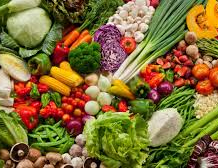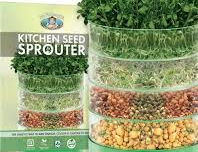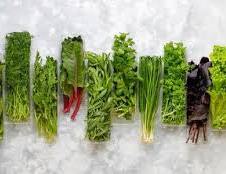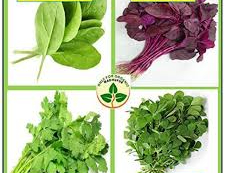Basics Of Organic Farming
Basics of Organic Farming:-
-
No Synthetic Chemicals
-
Organic farming avoids the use of synthetic fertilizers, pesticides, herbicides, and GMOs.
-
-
Natural Fertilizers
-
Uses compost, manure, green manure, and biofertilizers to enrich the soil.
-
-
Crop Rotation & Diversification
-
Different crops are grown in a planned sequence to maintain soil fertility and reduce pests/diseases.
-
-
Soil Health Focus
-
Healthy soil is the foundation; techniques like mulching, composting, and cover cropping are used.
-
-
Biological Pest Control
-
Encourages natural predators, uses biopesticides, and traps instead of chemical pesticides.
-
-
Animal Welfare
-
Animals are raised in natural conditions with organic feed and without antibiotics or growth hormones.
-
-
Sustainable Practices
-
Aims to reduce environmental damage and preserve biodiversity and resources.
-
-
Certification & Standards
-
Farmers must follow strict guidelines and obtain certification (e.g., USDA Organic, India Organic).
-
-
Water Conservation
-
Promotes efficient water use through drip irrigation and rainwater harvesting.
-
-
Hand Weeding & Mechanical Tools
-
Weeds are managed without chemicals, using manual or mechanical methods.








Lorem Ipsum has been the industry’s standard dummy text ever since the 1500s, when an unknown printer took a galley of type and scrambled it to make a type specimen.
Lorem Ipsum has been the industry’s standard dummy text ever since the 1500s, when an unknown printer took a galley of type and scrambled it to make a type specimen.
Lorem Ipsum has been the industry’s standard dummy text ever since the 1500s, when an unknown printer took a galley of type and scrambled it to make a type specimen.